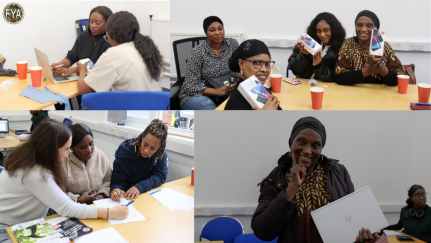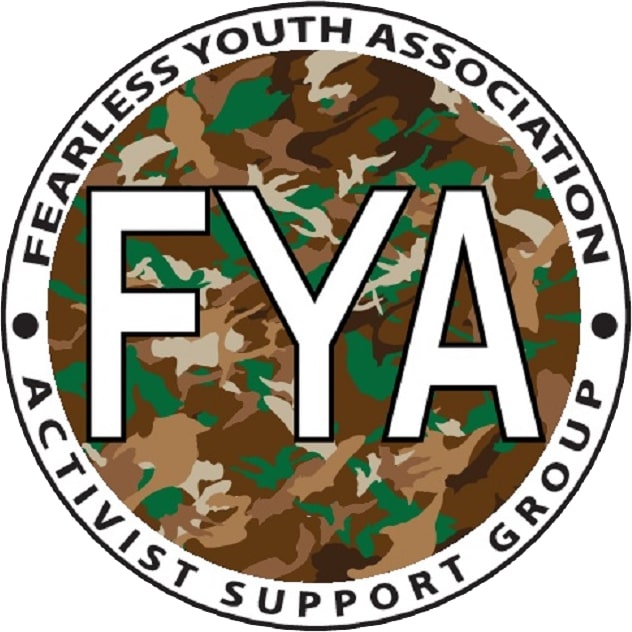
Unlocking Opportunities: The Role of Digital Access and Media Literacy in Empowering Communities
By Kyle Kivaria
In the intricate web of today’s world, media literacy pulses like a silent heartbeat, shaping the way we see, understand, and connect with the vastness around us. It is no longer enough to merely absorb information; to truly thrive, communities must learn to dance with the digital tides, to navigate its ever-shifting waves with intention and clarity.
Media literacy is not just a tool – it is a key that unlocks the doors of understanding, a compass that helps us find our way in the overwhelming flood of information. It is more than the ability to read or write; it’s the skill to see beyond the surface, to analyse, to create, to reflect, and ultimately, to act with purpose and precision.
In this age where misinformation spreads with the speed and fury of wildfire, media literacy becomes a shield, a quiet yet powerful defence. It offers us the ability to navigate a landscape teeming with half-truths and the sharp thorns of manipulative narratives. Like a lantern in the dark, it lights the way, allowing us to see what is hidden, to discern fact from fiction. It is through this understanding – this grasp of how media is created and dispersed – that we can sift the trustworthy from the deceptive, becoming guardians of truth in a time when it feels so often under siege.
But media literacy is not just a safeguard against deception; it digs deeper into the roots of democracy itself. Informed decision-making is the very lifeblood of a healthy society. When citizens can critically evaluate political, social, and economic currents, they are no longer mere spectators in the grand arena of life – they become authors of their own narratives, participants shaping the world they inhabit. It is through this engagement, through questioning and challenging, that we carve out spaces of power for ourselves, spaces where marginalised voices can rise and resonate.
In marginalised communities, where voices have long been silenced or distorted, media literacy offers something far greater than knowledge – it offers the ability to take control of their own stories. It turns passive observers into active participants, allowing them to challenge, question, and push back against media organisations that often fail to represent them fully or fairly. It is through this lens that they hold the mirror up to those in power, ensuring accountability, demanding justice, and creating more inclusive, more truthful narratives.
And then there is the vast, swirling expanse of the digital world. As we live more and more of our lives online, media literacy becomes the beacon that guides us safely through. It teaches us to be not just consumers of digital content, but responsible citizens of this new world – ones who understand the weight of their actions, the importance of privacy, and the ethics of navigating this boundless terrain. It is here, in the digital realm, that media literacy shows us how to act with care, how to protect not just our own digital selves but those around us, fostering communities that are safer, stronger, and more united.
Get Online
The Get Online initiative brings these truths to the forefront, casting media literacy not simply as a skill, but as a form of empowerment. It breathes life into communities that have been left behind, opening doors to participation, protection, and progress. Through this initiative, marginalised groups gain the tools they need to step into the digital world with confidence, armed with the knowledge that they, too, belong.
For many, however, access remains a distant dream. Without the necessary digital tools or affordable internet, marginalised communities are often left standing at the edges, watching the digital world unfold without them. Access is the first step.
Initiatives like Get Online recognise this, providing affordable internet and distributing the tools needed to bridge the gap. Yet, this is only the beginning. True media literacy requires more than access – it requires understanding, trust, and community.
By bringing media literacy programs into the heart of these communities, by tailoring them to local needs, languages, and issues, we plant seeds of understanding that can grow into something far more profound.
These are not just workshops or classes – they are acts of empowerment. They are spaces where individuals come to see their own power, where they learn that they are not just recipients of media, but creators, capable of shaping the world around them. And in communities where elders and youth often live in different digital realities, intergenerational learning becomes a bridge, connecting the wisdom of experience with the fluency of the digital age.
Change, however, cannot rest on the shoulders of a few. It requires a concerted effort, a partnership between public and private sectors, between governments and grassroots organisations, between schools and tech giants. It requires resources – financial, educational, and structural – to make media literacy not a privilege but a right. And when these sectors come together, when they collaborate to create resources that are inclusive and accessible, we begin to see the true potential of media literacy unfold.
In the end, media literacy is far more than a set of skills – it is a lifeline. It is the thread that ties communities together, that allows marginalised voices to rise and be heard. It is the foundation upon which we build a more just, more informed, and more connected society.
The Get Online Project stands as a testament to the power of media literacy, reminding us that in an increasingly connected world, no one should be left behind. For it is in the inclusion of all voices, in the empowerment of all communities, that we find the strength to move forward together, toward a future where everyone has the tools they need to not just survive, but to thrive.
